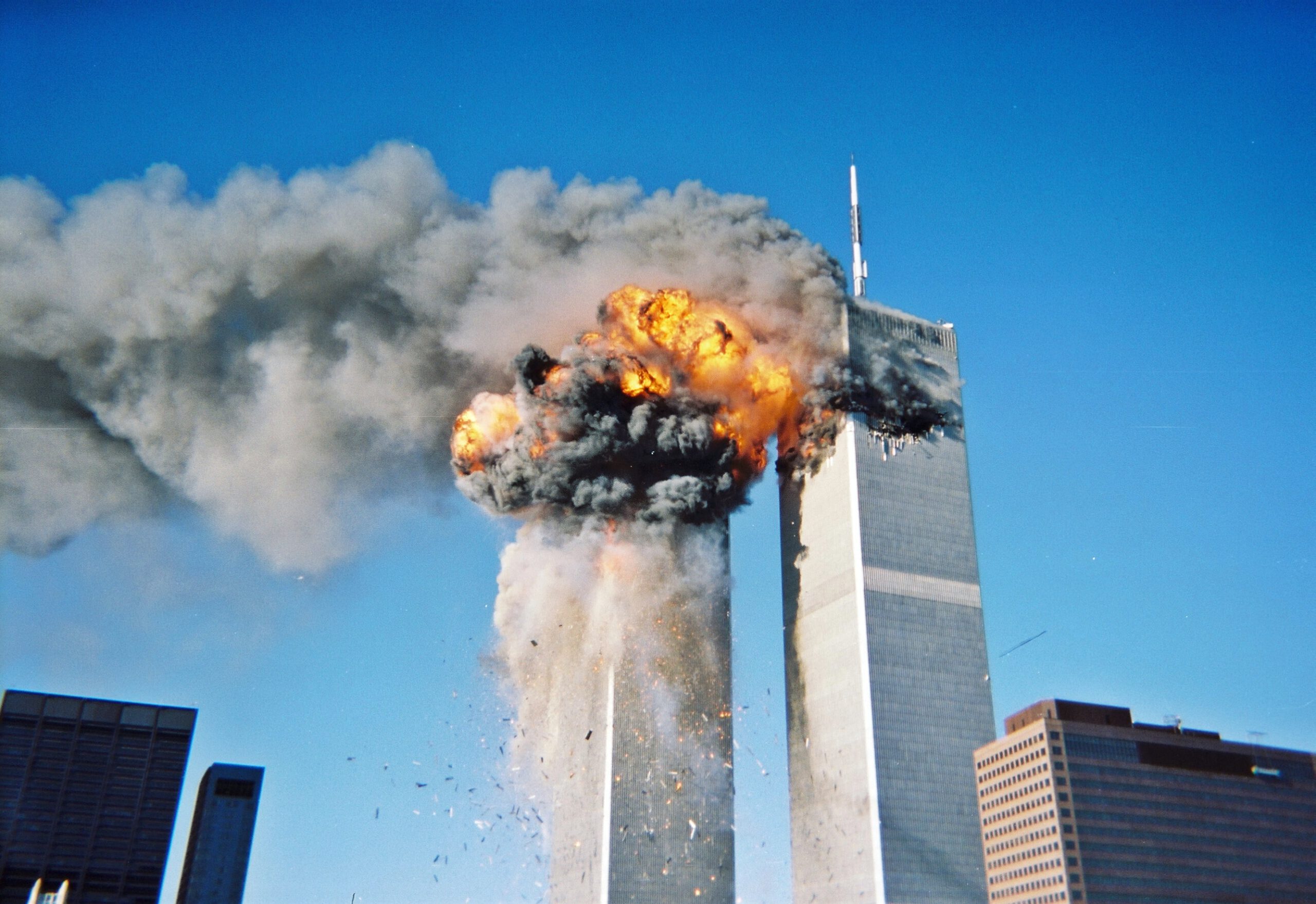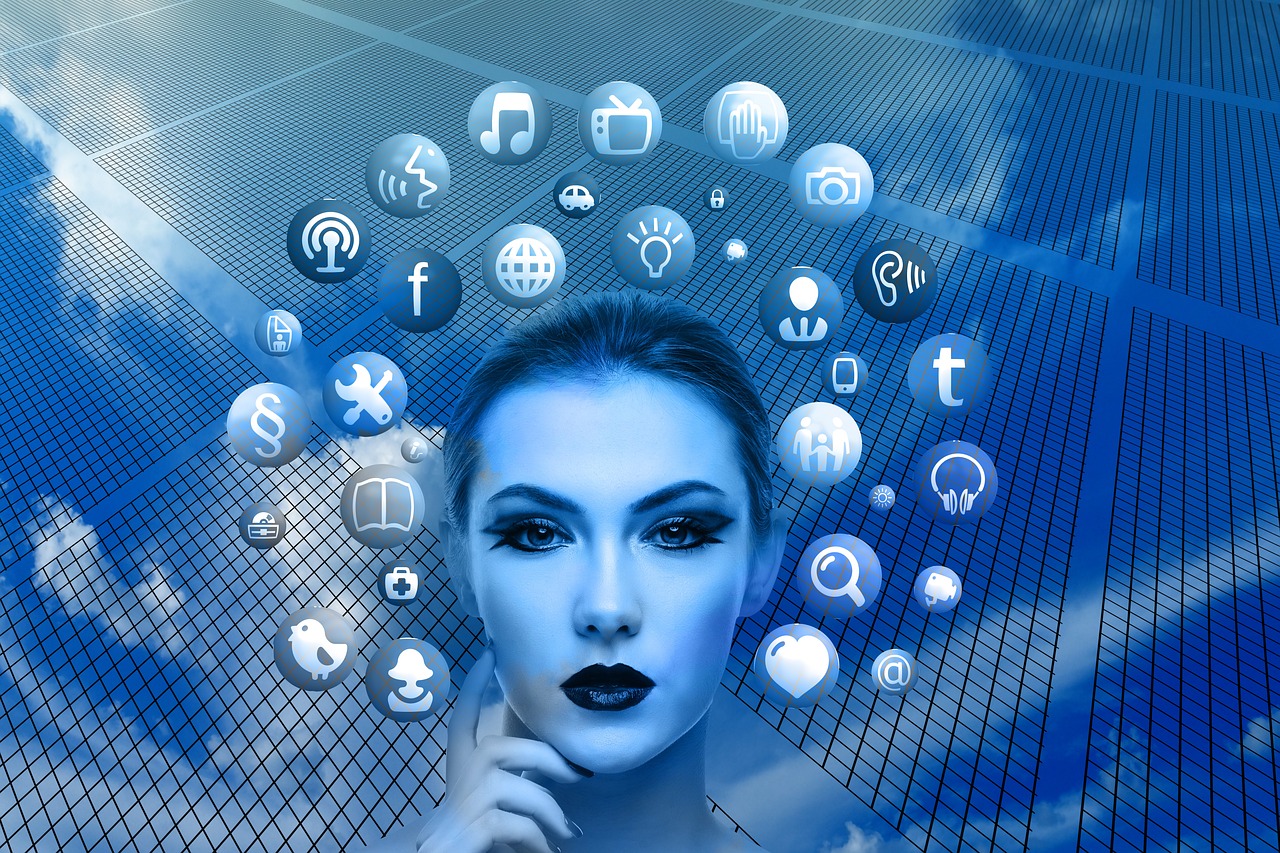The 2000s was a decade filled with transformation and monumental events that shaped the world we live in today. From technological breakthroughs to global crises, these events have left an indelible mark on history. Let’s dive into some of the defining moments of this transformative decade, exploring their impacts and legacies.
The Rise of Social Media
In the early 2000s, social media was a burgeoning concept. Platforms like Friendster and MySpace paved the way, but it wasn’t until Facebook’s launch in 2004 that social media truly took off. Facebook transformed the way people connect, share, and communicate, quickly amassing millions of users worldwide. The introduction of Twitter in 2006 further revolutionized information dissemination, allowing individuals to broadcast thoughts in real-time. By the end of the decade, social media had become an integral part of daily life, influencing everything from personal relationships to global politics. This digital revolution marked a shift in how society interacted, creating a more interconnected world.
9/11 Terrorist Attacks

September 11, 2001, is etched in global memory as a day of tragedy and transformation. The coordinated terrorist attacks on the World Trade Center and the Pentagon resulted in nearly 3,000 deaths and left the world in shock. The aftermath of 9/11 led to significant changes in global security policies and the initiation of the War on Terror. The United States launched military operations in Afghanistan and Iraq, aiming to dismantle terrorist networks. The attacks also heightened airport security and changed the landscape of international travel. The events of 9/11 reshaped global politics and had long-lasting implications on diplomacy and security.
Global Financial Crisis of 2008
The late 2000s witnessed one of the most severe financial crises in history. Triggered by the collapse of Lehman Brothers in 2008, the crisis led to a global economic downturn. The housing market bubble burst, causing widespread mortgage defaults and financial instability. Governments worldwide responded with massive bailouts and stimulus packages to stabilize economies. The crisis highlighted the interconnectedness of global financial systems and exposed vulnerabilities within banking institutions. It also led to increased regulatory measures and reforms to prevent future economic catastrophes. The financial crisis had lasting effects on employment, housing, and consumer confidence, reshaping the global economic landscape.
Inauguration of Barack Obama
In 2008, Barack Obama made history by becoming the first African American president of the United States. His election was a significant moment in American history, symbolizing progress in the nation’s long struggle with racial issues. Obama’s presidency brought about landmark legislation, including the Affordable Care Act, aimed at reforming healthcare. His administration focused on economic recovery, climate change, and diplomatic engagement. Obama’s charismatic leadership style and message of hope and change resonated with millions, inspiring a new generation of political engagement. His election marked a pivotal moment in American politics and had a lasting impact on the nation’s social fabric.
The Dot-Com Bubble Burst
The early 2000s saw the burst of the dot-com bubble, a period of excessive speculation in internet-based companies. The bubble burst in 2000, leading to significant financial losses and the collapse of many tech startups. Companies that had been valued at billions saw their stock prices plummet, resulting in massive layoffs and bankruptcies. Despite the short-term economic fallout, the burst paved the way for a more sustainable tech industry. Lessons learned from the bubble’s collapse led to a focus on profitability and long-term growth, setting the stage for the rise of giants like Google and Amazon. The dot-com bubble burst was a crucial turning point in the evolution of the technology sector.
The War in Iraq
The Iraq War began in 2003 with the invasion of Iraq by a United States-led coalition. The war aimed to dismantle Saddam Hussein’s regime and eliminate weapons of mass destruction (WMDs). However, the absence of WMDs sparked controversy and debate over the war’s legitimacy. The conflict led to significant loss of life and displacement of civilians, with long-lasting impacts on the region’s stability. The war also strained international relations, with widespread protests and criticism of the coalition’s actions. The Iraq War remains a contentious topic, shaping discussions on foreign policy and military intervention.
Technological Advancements and the Rise of Smartphones
The 2000s witnessed rapid technological advancements, with the rise of smartphones being a game-changer. Apple’s introduction of the iPhone in 2007 revolutionized personal technology, combining communication, entertainment, and productivity in a single device. Smartphones changed how people access information, shop, and interact with the world around them. The development of mobile apps further enhanced the functionality of smartphones, creating new industries and job opportunities. This technological shift had a profound impact on society, influencing how people live, work, and play. The rise of smartphones marked the beginning of a new era in digital connectivity and innovation.
Hurricane Katrina
In 2005, Hurricane Katrina devastated the Gulf Coast of the United States, becoming one of the deadliest and costliest natural disasters in American history. The hurricane resulted in over 1,800 deaths and caused widespread destruction, particularly in New Orleans. The disaster exposed significant flaws in emergency response and infrastructure, leading to criticism of government preparedness and action. The aftermath of Katrina highlighted issues of poverty and inequality, with vulnerable communities disproportionately affected. Recovery efforts took years, and the hurricane’s impact is still felt today. Hurricane Katrina served as a wake-up call for improved disaster preparedness and resilience.
The Beijing Olympics
The 2008 Beijing Olympics were a showcase of China’s emergence as a global power. The event was marked by stunning ceremonies and world-class athletic performances, capturing the world’s attention. China invested heavily in infrastructure and technology to host the games, demonstrating its economic and organizational capabilities. The Olympics served as a platform for cultural exchange and international diplomacy, fostering goodwill among nations. China’s successful hosting of the games marked a turning point in its global standing, solidifying its role as a major player on the world stage. The Beijing Olympics were a symbol of China’s rising influence and ambition.
The Launch of YouTube
In 2005, YouTube was launched, revolutionizing how people consume and share video content. The platform provided a space for creators to showcase their talents, leading to the rise of internet celebrities and influencers. YouTube democratized content creation, allowing anyone with a camera to reach a global audience. The platform’s impact on entertainment and media was profound, challenging traditional television and film industries. YouTube became a hub for diverse content, from educational tutorials to viral videos, shaping cultural trends and conversations. Its launch marked a new era in digital media, transforming how people engage with video content online.


